David Orr, accredited climate-change expert and distinguished professor, author and advisor to the president of Oberlin College, addressed a packed JRC 101 for his convocation on Thursday, Feb. 9 titled, “Climate Change and the Crisis of American Democracy.” Conveying a sense of urgency towards climate change action, Orr identified the roles of stranded assets, media coverage and local action in reaching the current 406 parts per million of carbon dioxide in the atmosphere as well as preventing the total climate disaster the Earth is on the path toward.
Orr spoke of the nature of general climate change discussions needing to be more holistic and identify not only the larger structural causes to the crisis, but also the broader impacts society will be facing beyond hotter temperatures.
“It isn’t global warming so much as it is planetary destabilization,” Orr said. “So as we think about climate change it isn’t just the temperature going up, like we’re turning the thermostat on the Earth up, its everything else on the planet, all those other assumptions and all those other systems, they change as well in ways that are unpredictable.”
When it comes to climate change, even experts like Orr cannot predict how high the sea level will rise or just how much carbon dioxide the atmosphere can handle before natural disasters become the norm, due to positive feedback loops, which is the emission of more carbon dioxide by the carbon dioxide already in the atmosphere. This creates an infinite loop. Here the estimates become more variable, but the fact that climate change is occurring does not lose any certainty.
For Orr, the issue of climate change is political, but it is not partisan. There is space for those on both sides of the American political divide to stand up and take action against an administration attempting to disregard the better interest of all constituents, not only of America but also of the world.
“I don’t mean to be political in the sense of Republican or Democrat. I mean to be political in the sense of being an advocate for democracy, and you can be an advocate for democracy as a good conservative or a good liberal, but you have to be a good conservative and a good liberal. Democracy is the rules by which we conduct public business, and it begins when somebody in the room stands up and says, ‘I don’t agree.’”
Beginning the talk, Orr identified two key questions for the audience, “Why did it take us so long to begin recognizing this? … What do we do now?”
The answer to the first question was because of the power of massive corporations to overshadow the cries of planetary advocates when they are making money off of the demise of the atmosphere.
He displayed two graphs that seem unrelated but are at the heart of the issue: the Keeling curve, created by David Keeling in 1958, which tracks the level of carbon dioxide in the atmosphere at Mauna Loa island to the present, and a curve displaying the relationship between the cost of silicon pv cells of power, solar power, which has decreased from 76.67 dollars per kilowatt hour in 1977 to 36 cents per kilowatt hour in 2014.
But as alternative sources of power continue to decrease in price, carbon dioxide is still rising. However this may not always be the case, as Orr believes soon it will be economically unfeasible to deny the efficacy of clean energy in expanding job markets and slashing emissions.
For the second question, what do we do now, Orr shared personal stories of action with the Oberlin project, transforming buildings on campus to L.E.E.D. gold standards, eliminating 90 percent of the city’s carbon emissions and, with community involvement, designing solar powered buildings, such as the Adam Joseph Lewis Center that are net energy exporters, in Midwestern Ohio where Orr finds “sunshine is still a theory.”
Orr concluded the talk by imparting a degree of responsibility on the College attendees, part of the two to three percent of graduates in the United States coming from liberal arts colleges.
“If there was ever a time for broad and deep thinking, it is now,” Orr said. “The question now that has been underscored by the advent of Donald Trump, what do we in liberal arts colleges have to say to the world? What do you at Grinnell have to say to the world? What is our message? That two to three percent of graduates, this is the time where we either say our piece or stay quiet forever.”

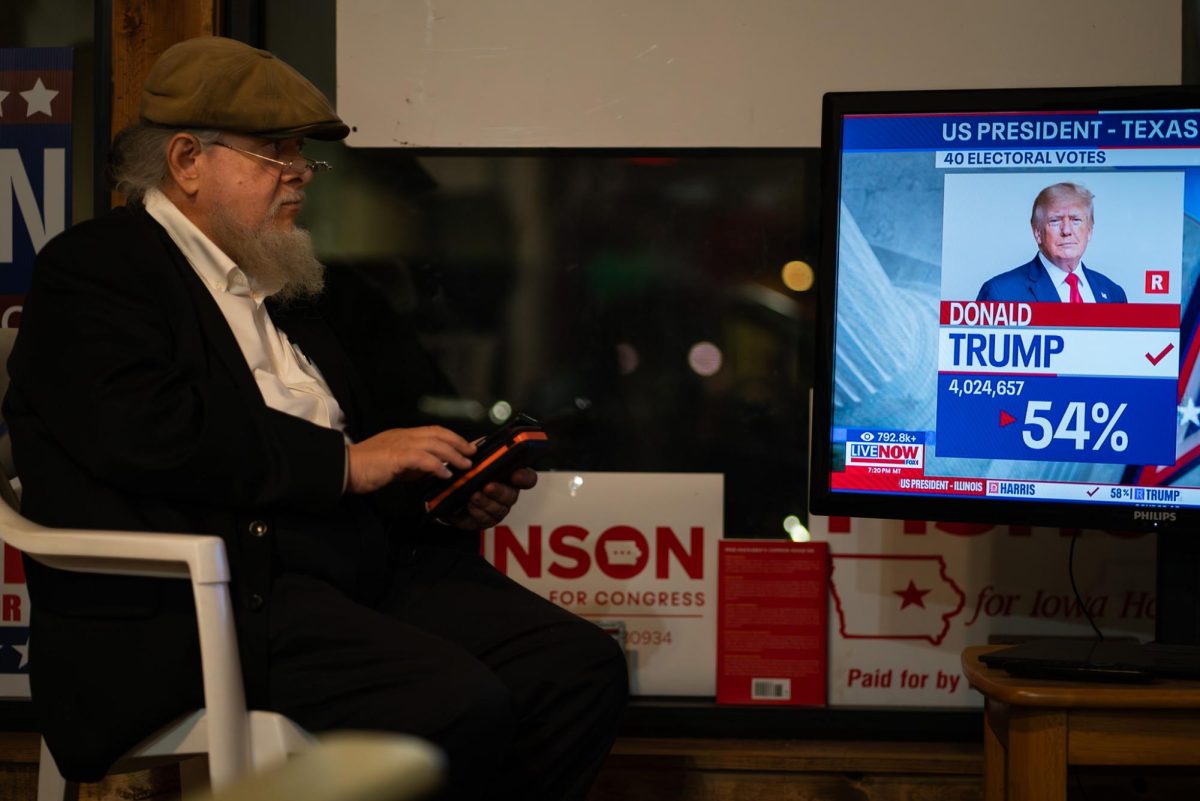
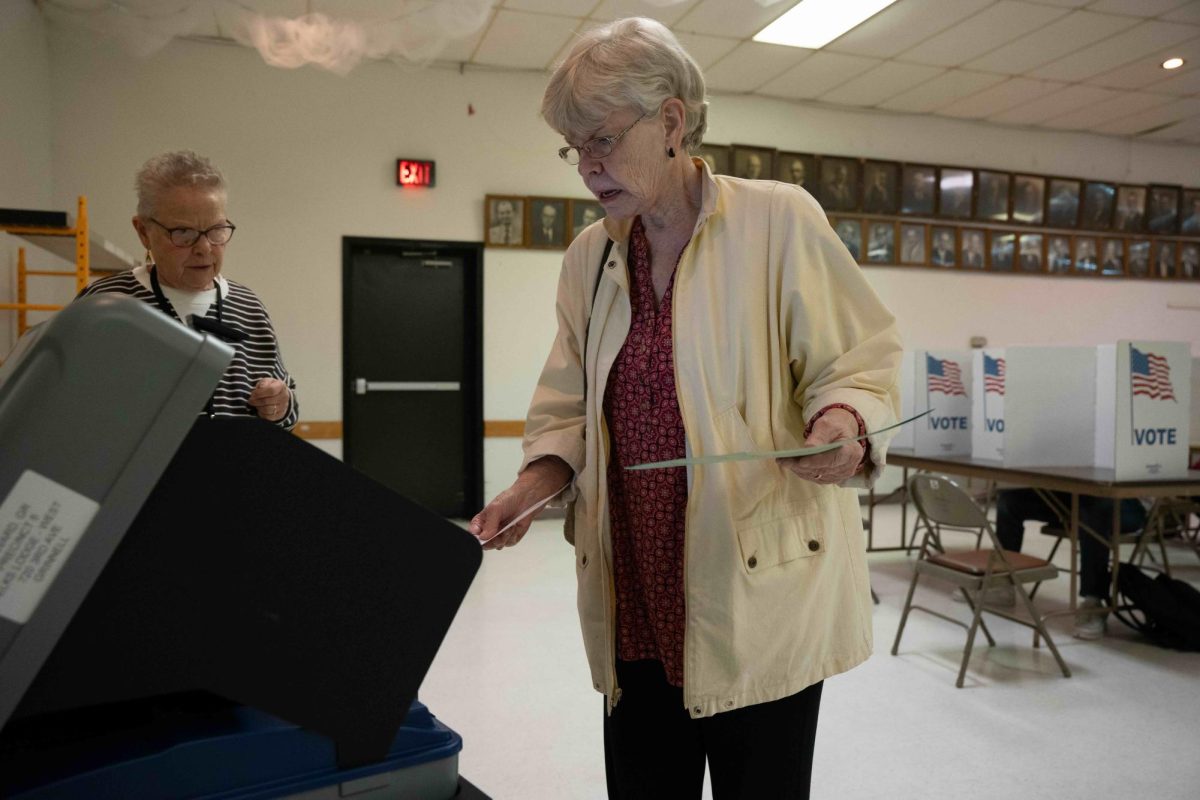


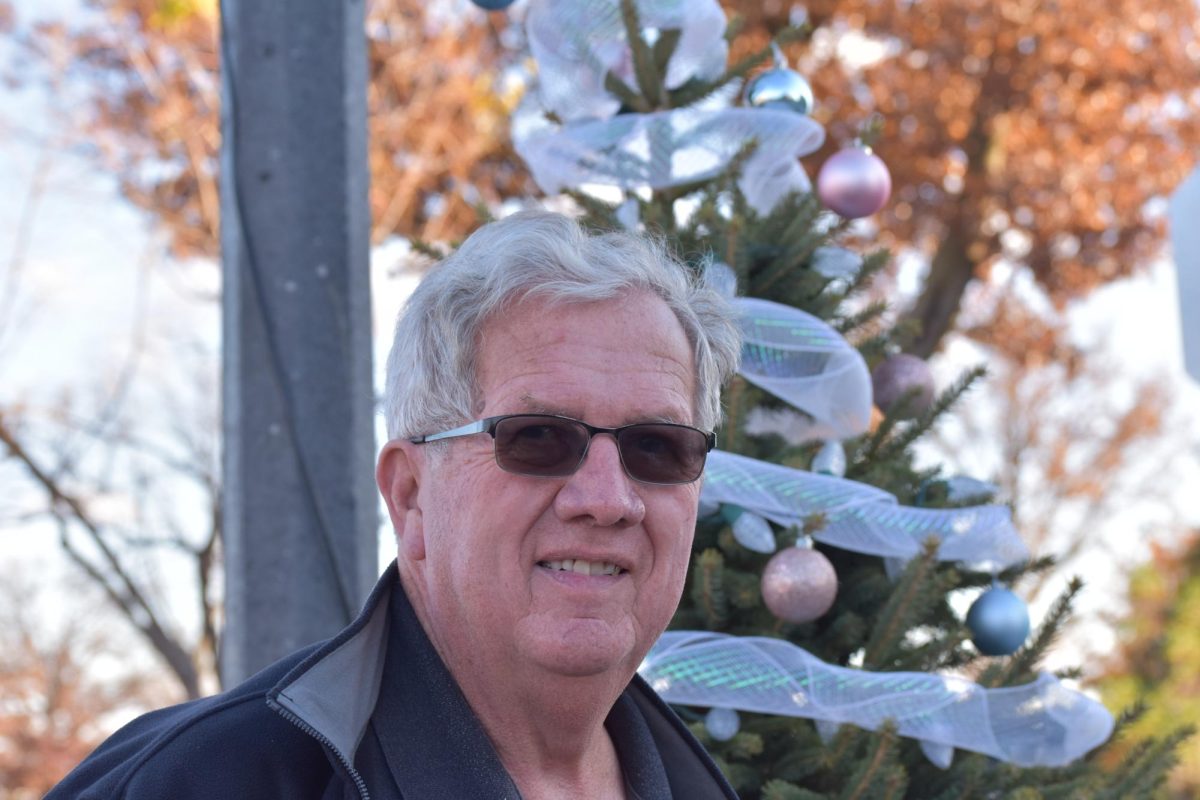
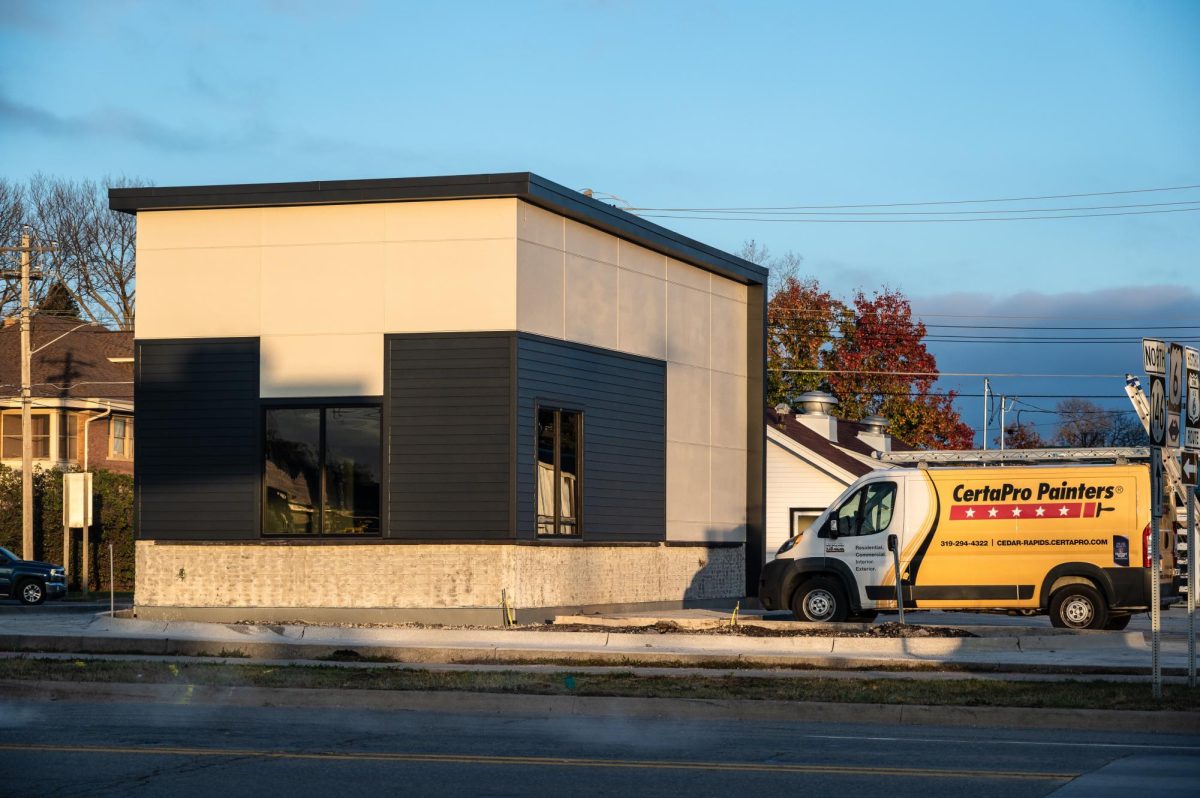
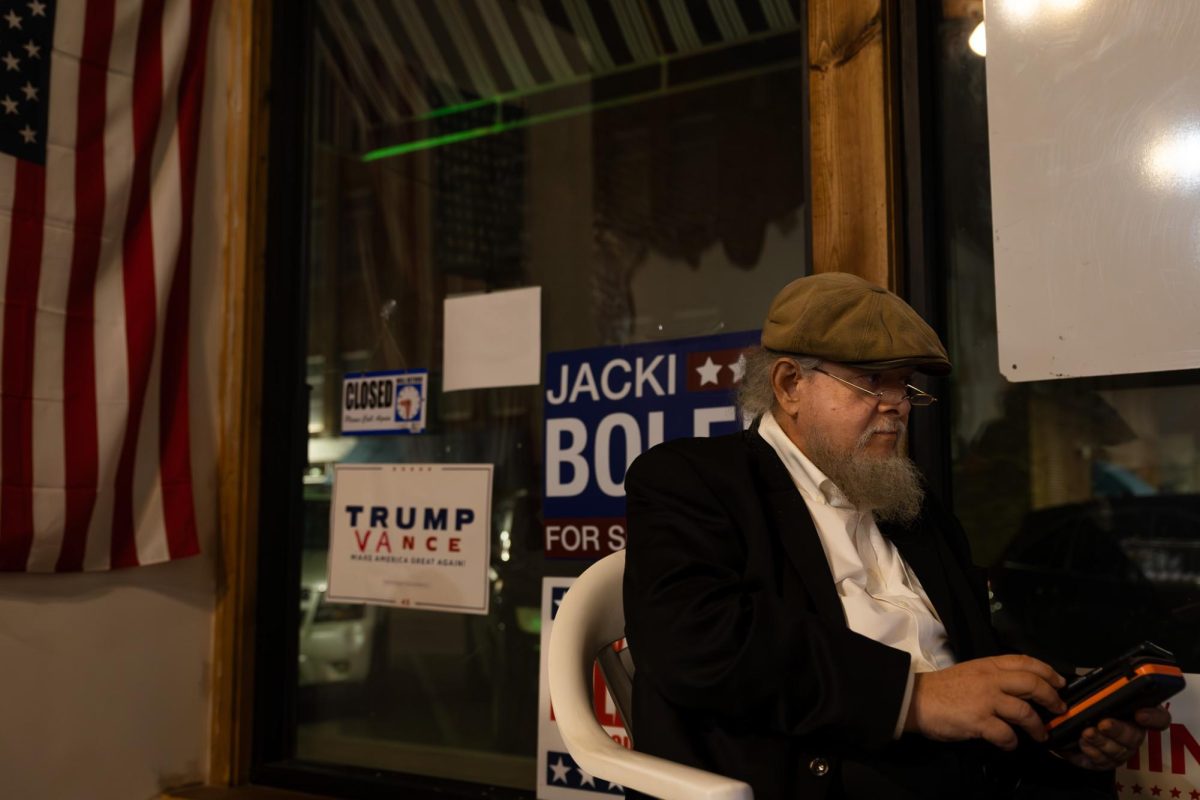

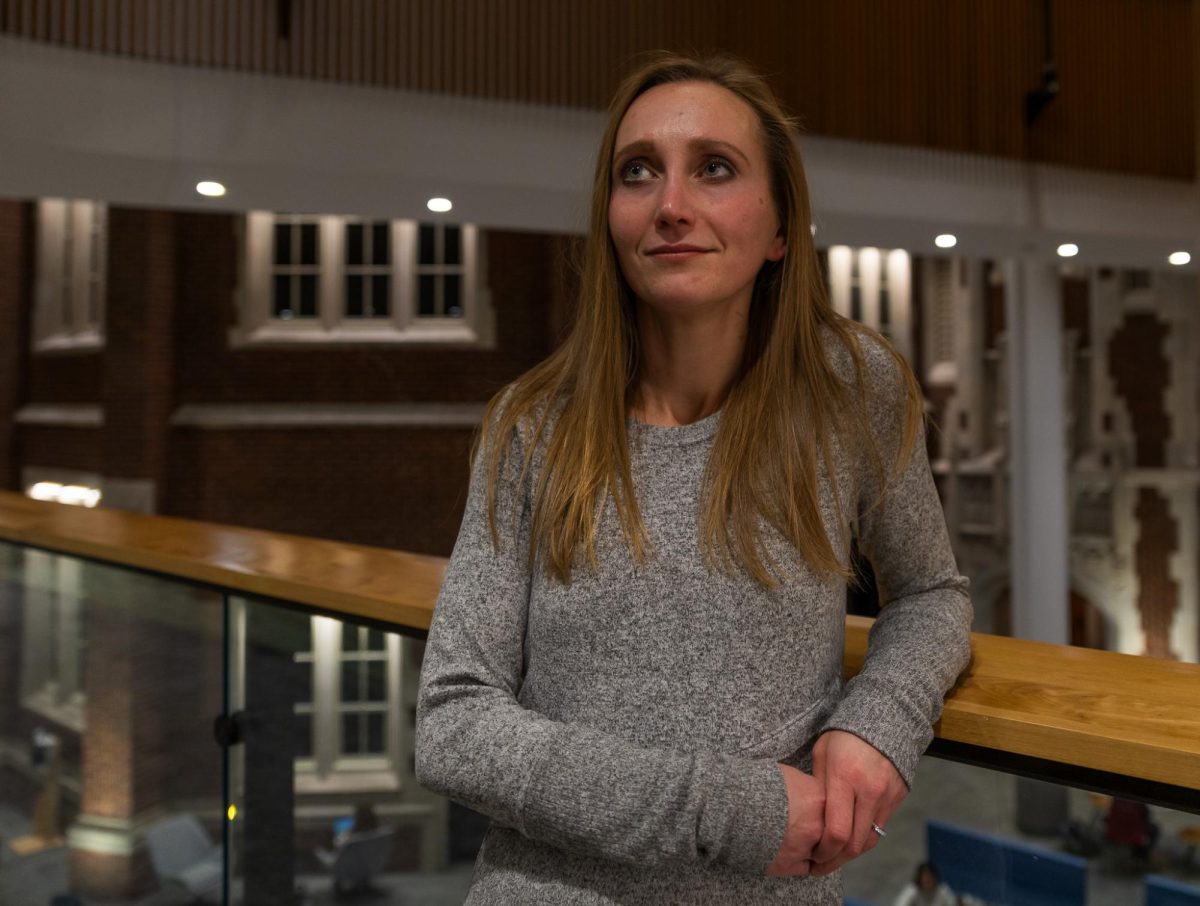
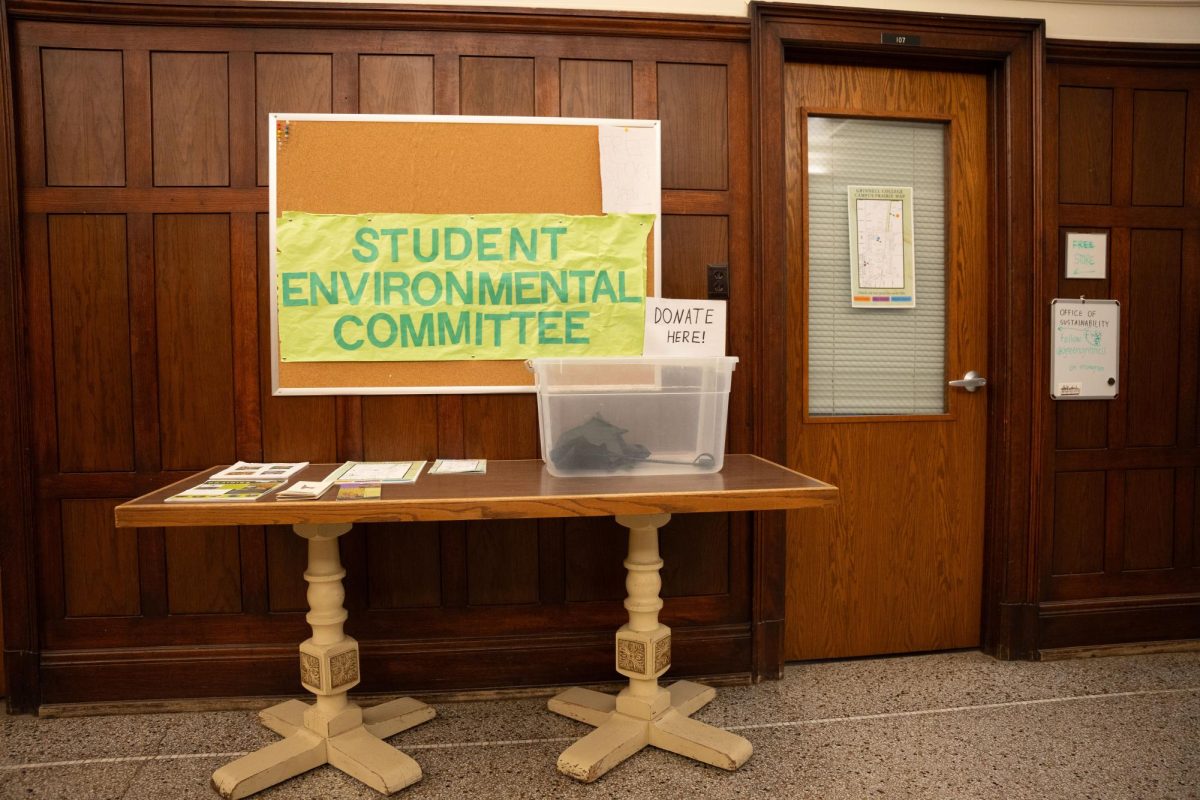
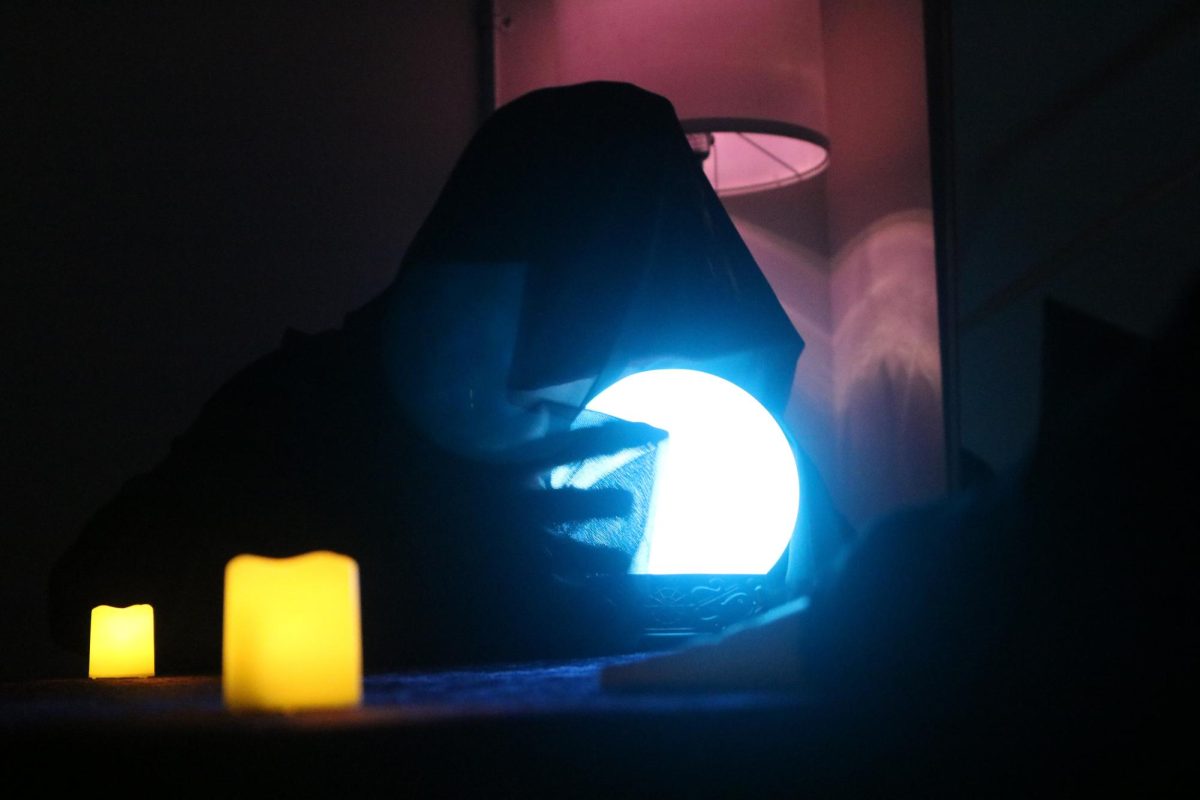
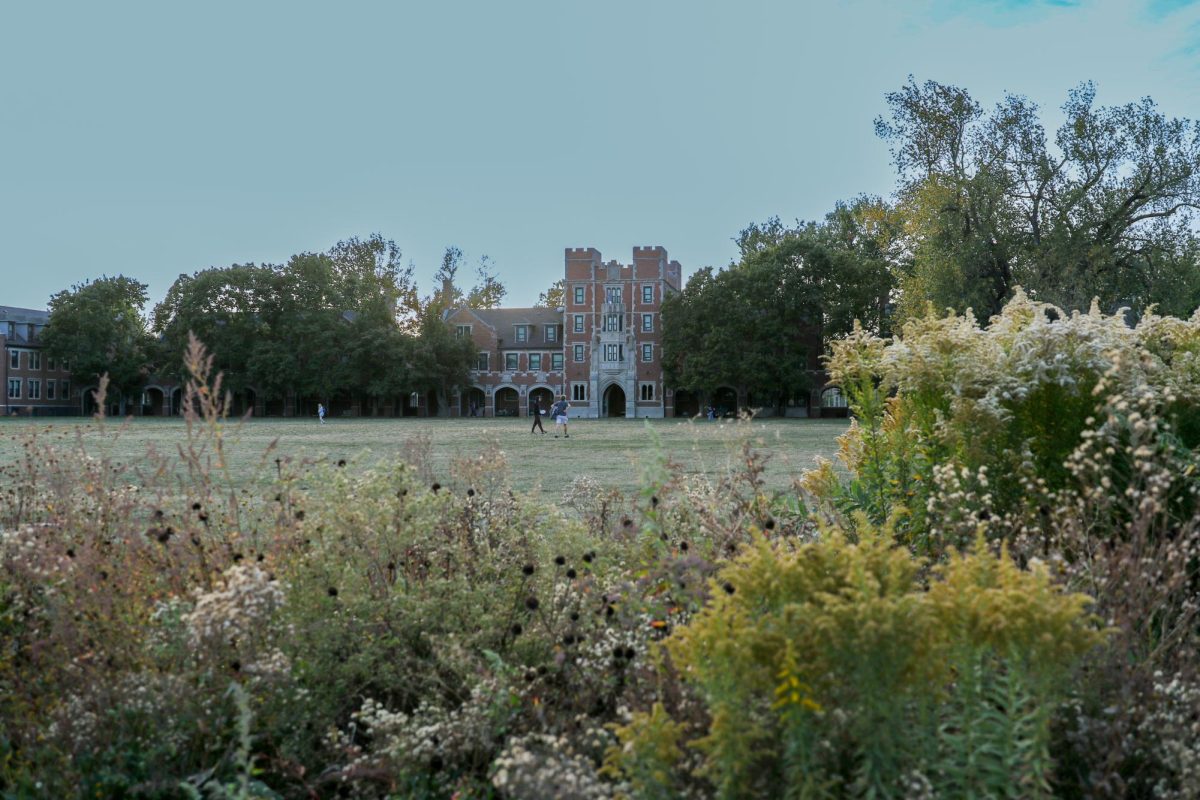

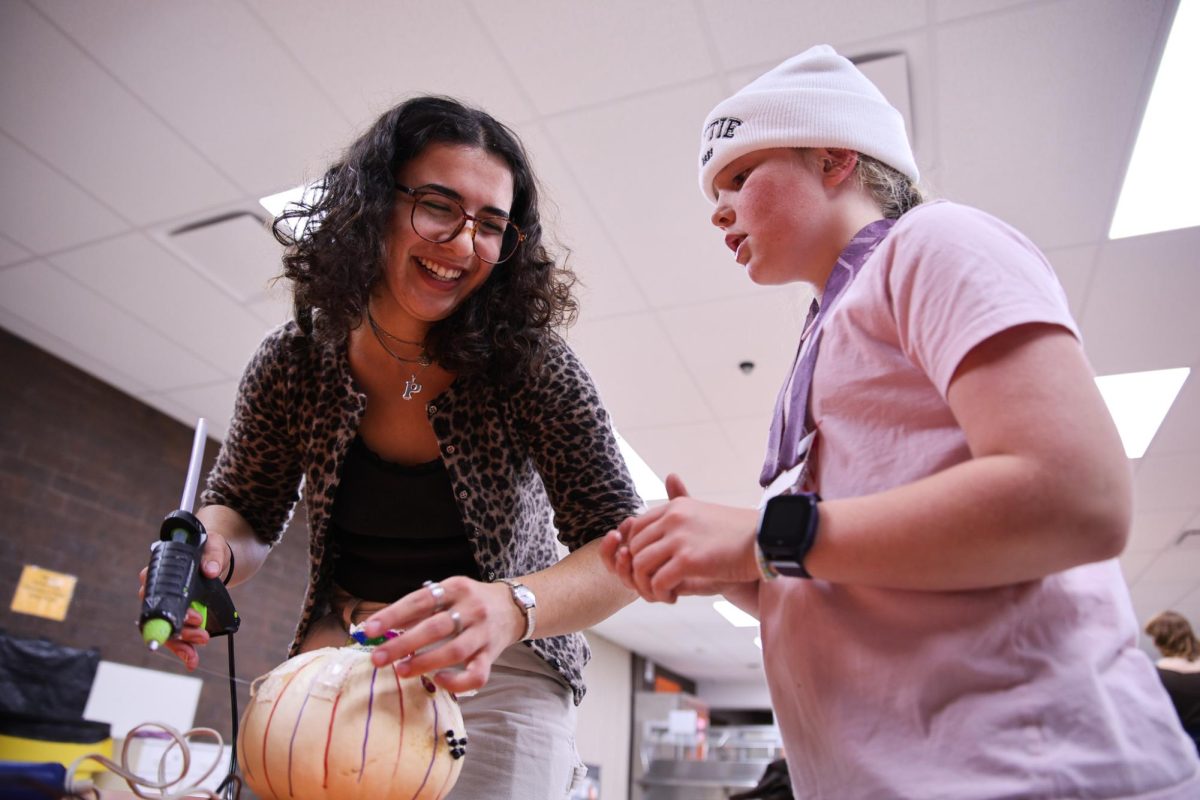

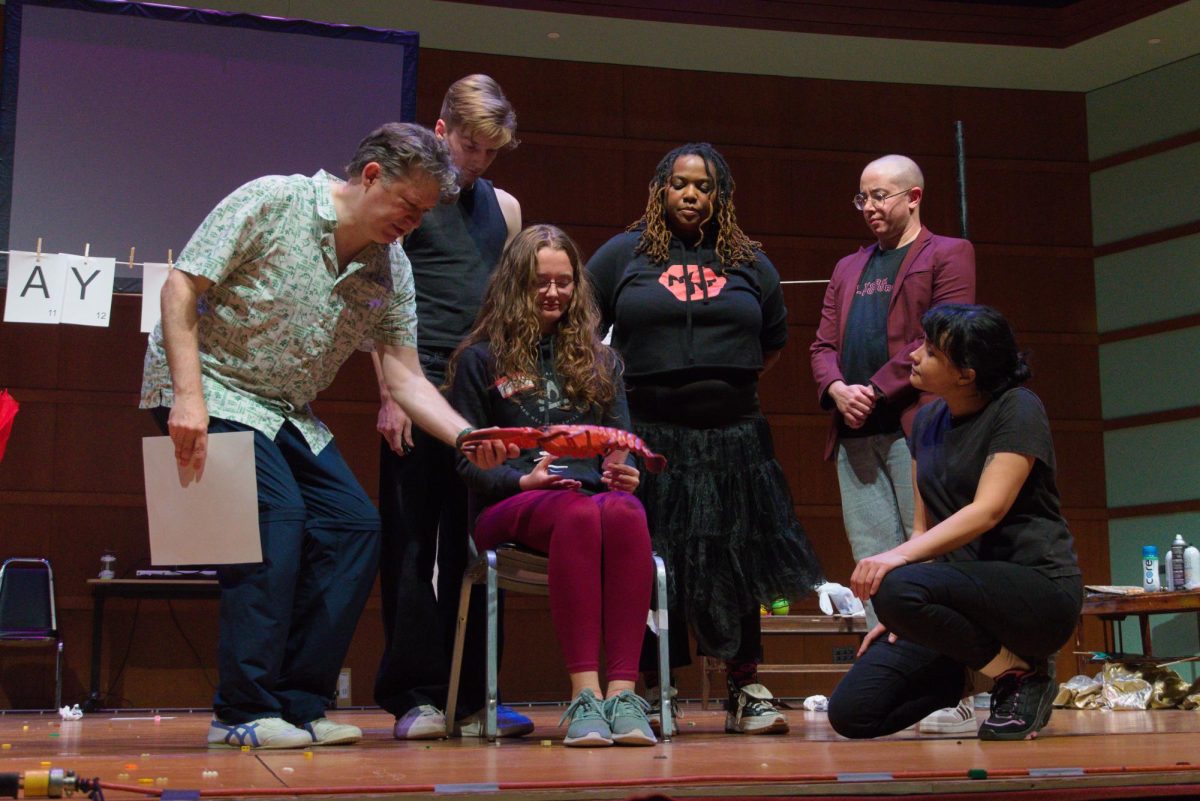
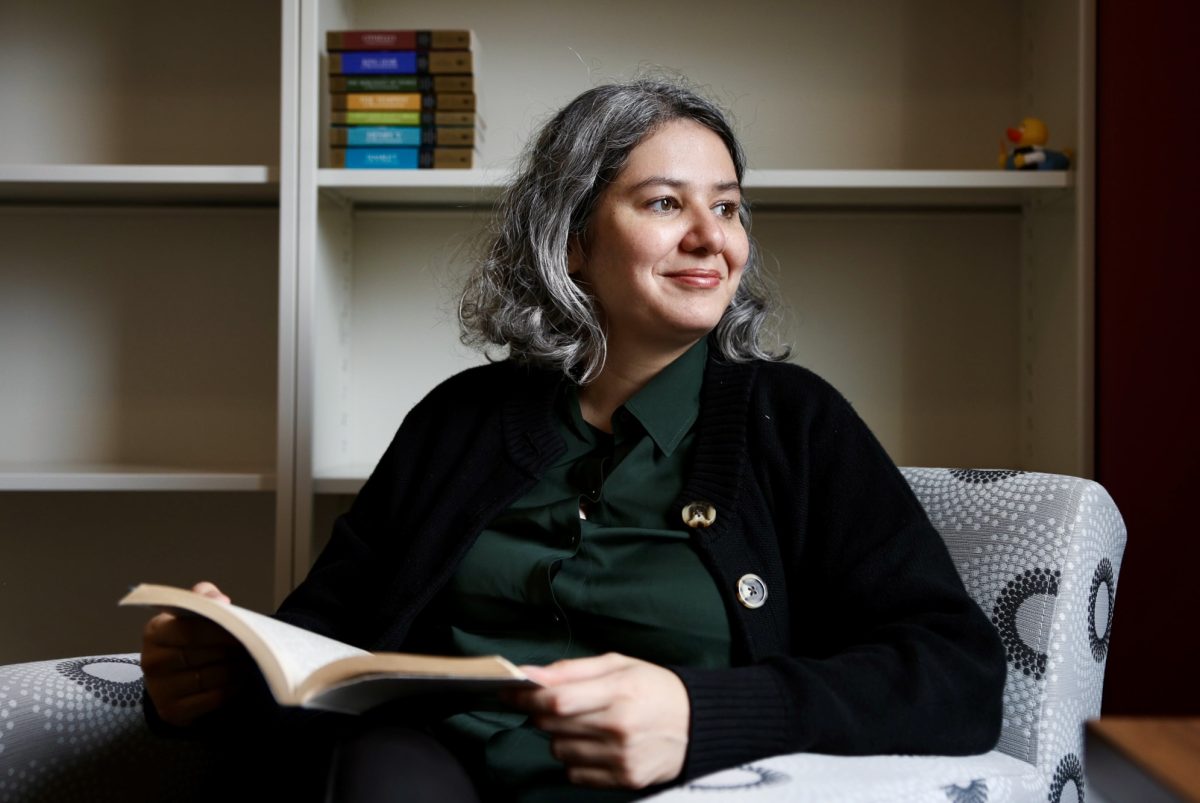
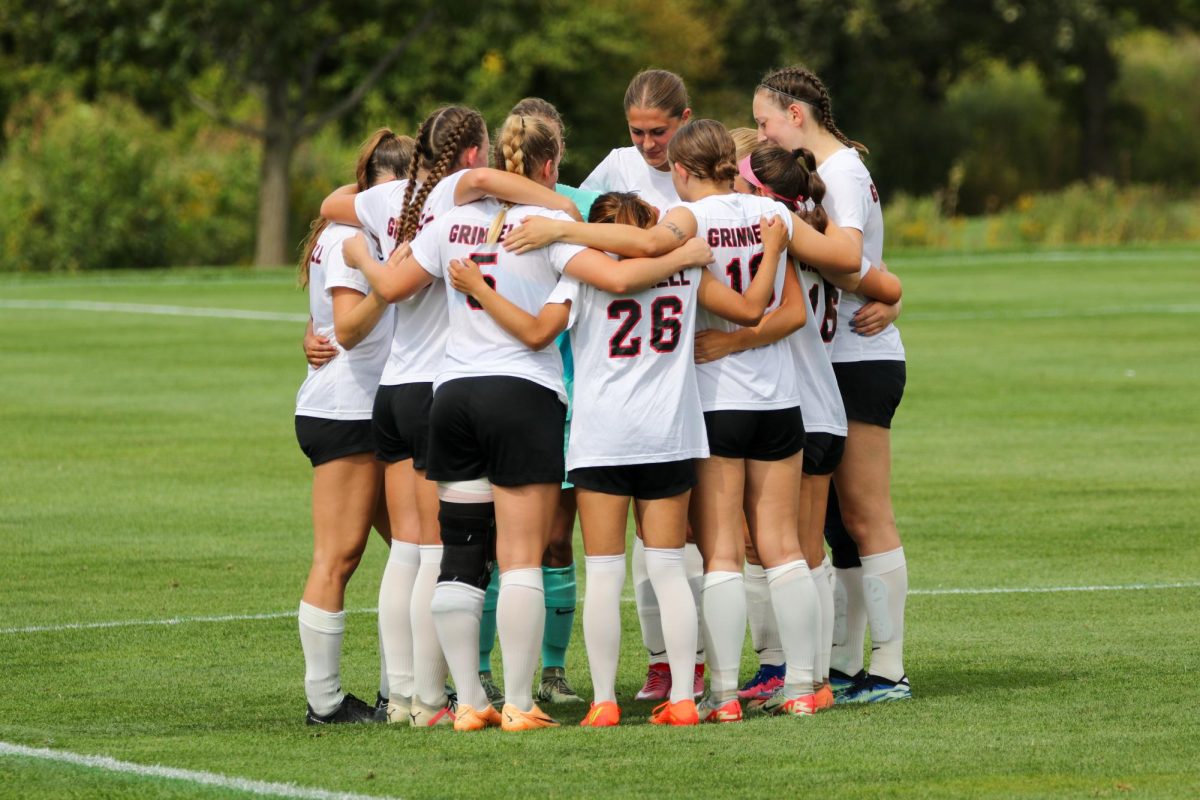
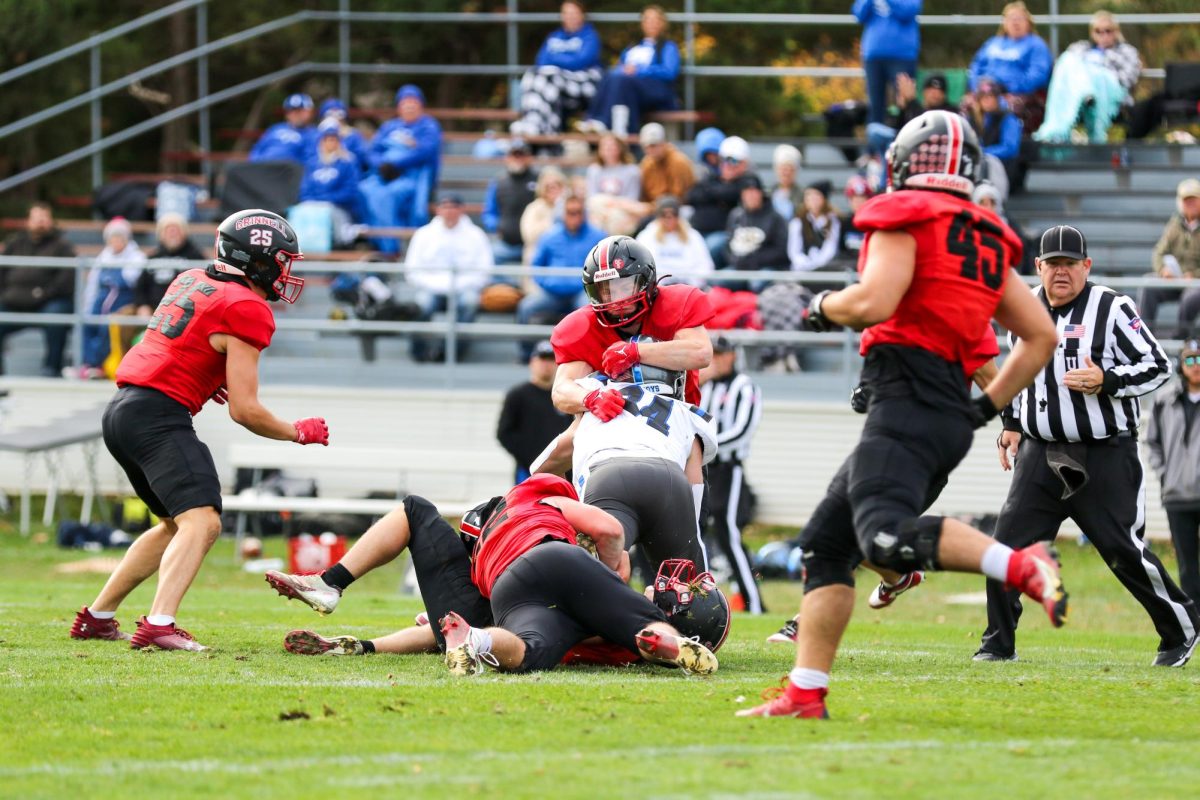
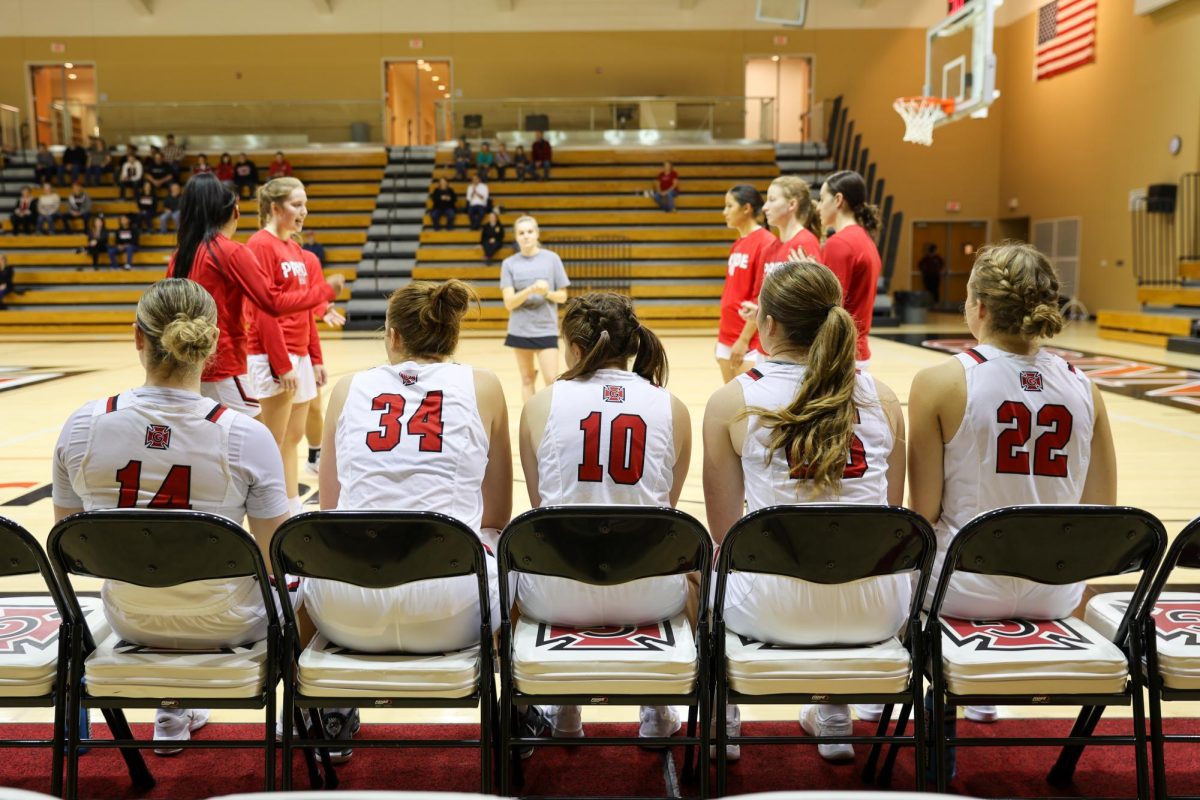
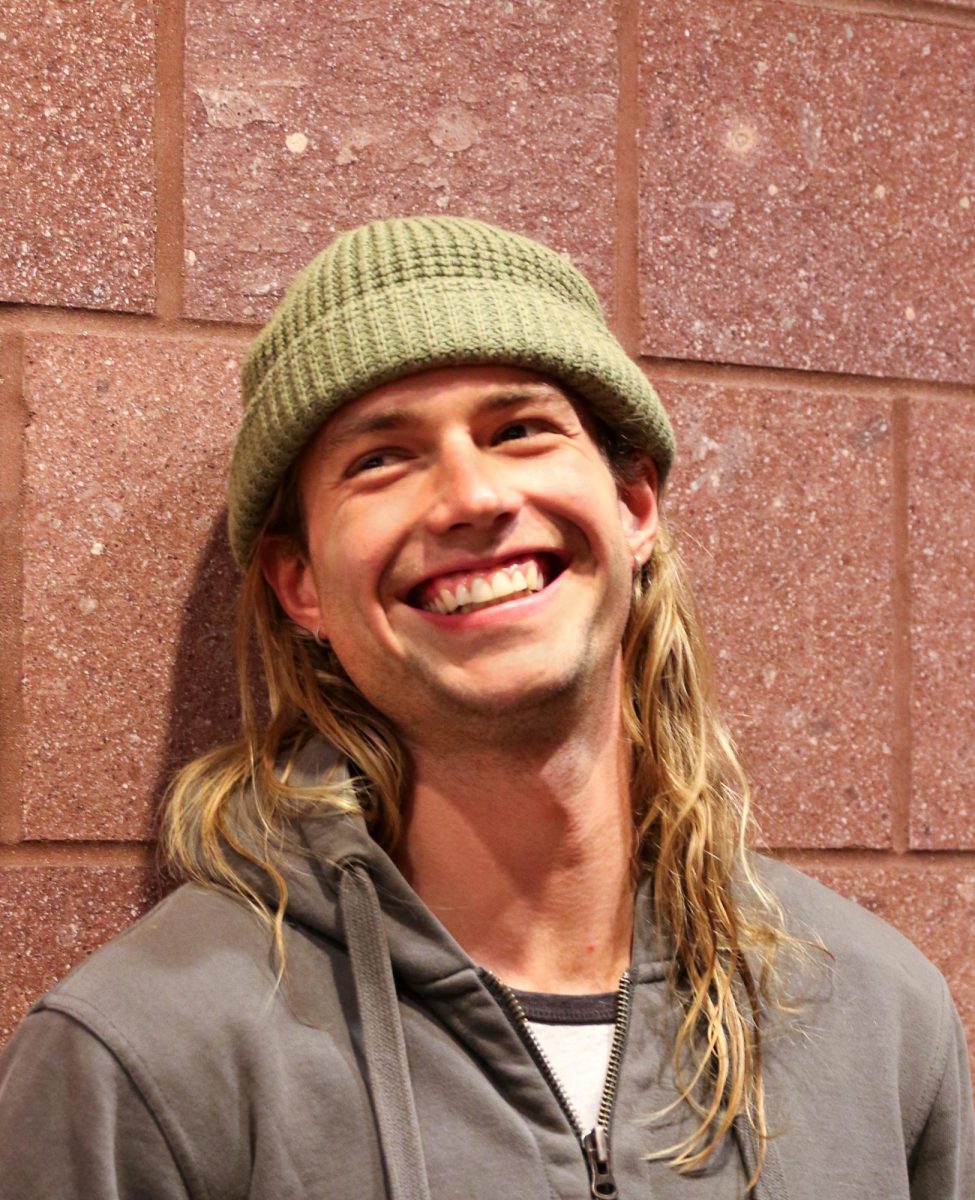




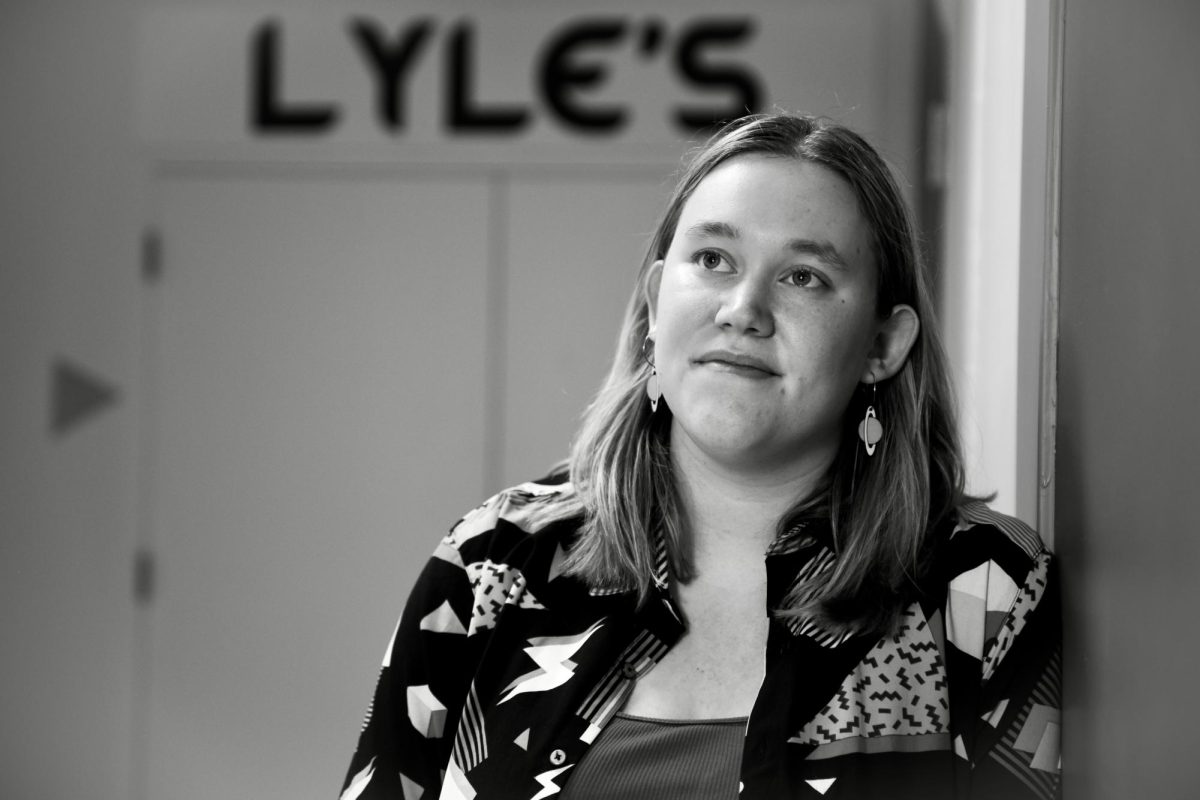



















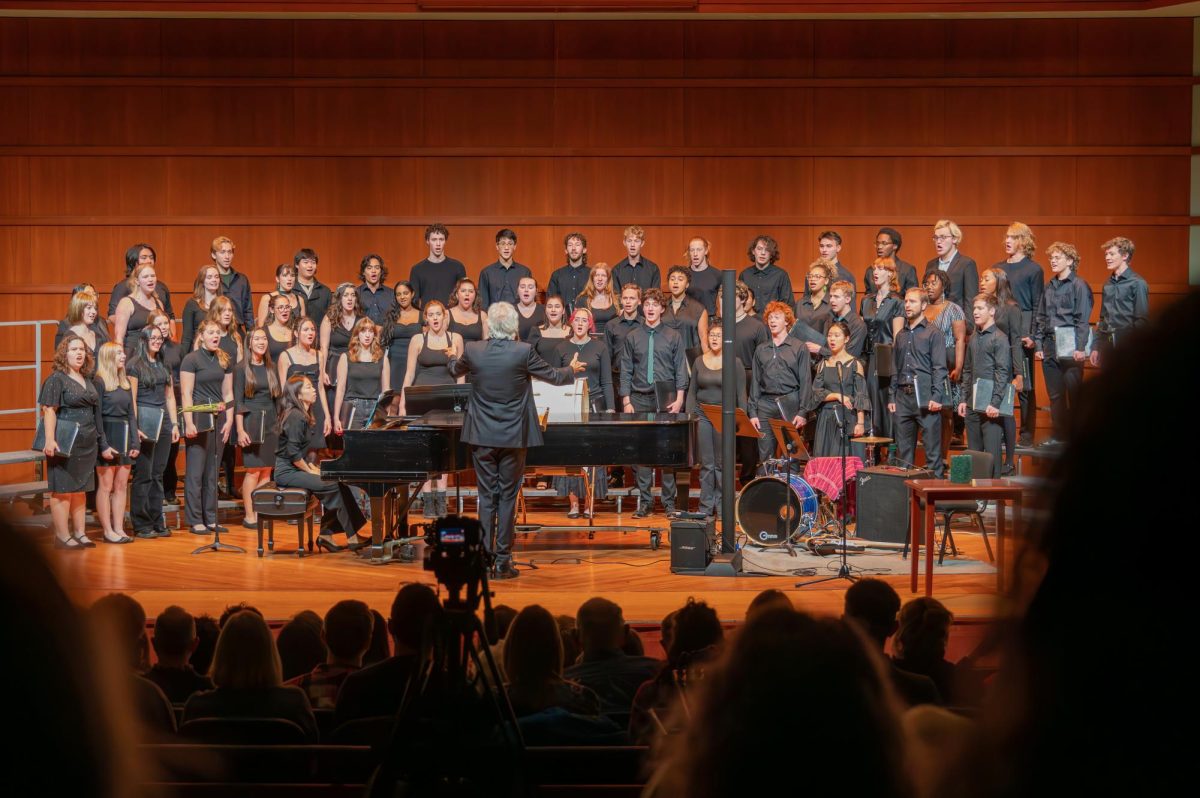
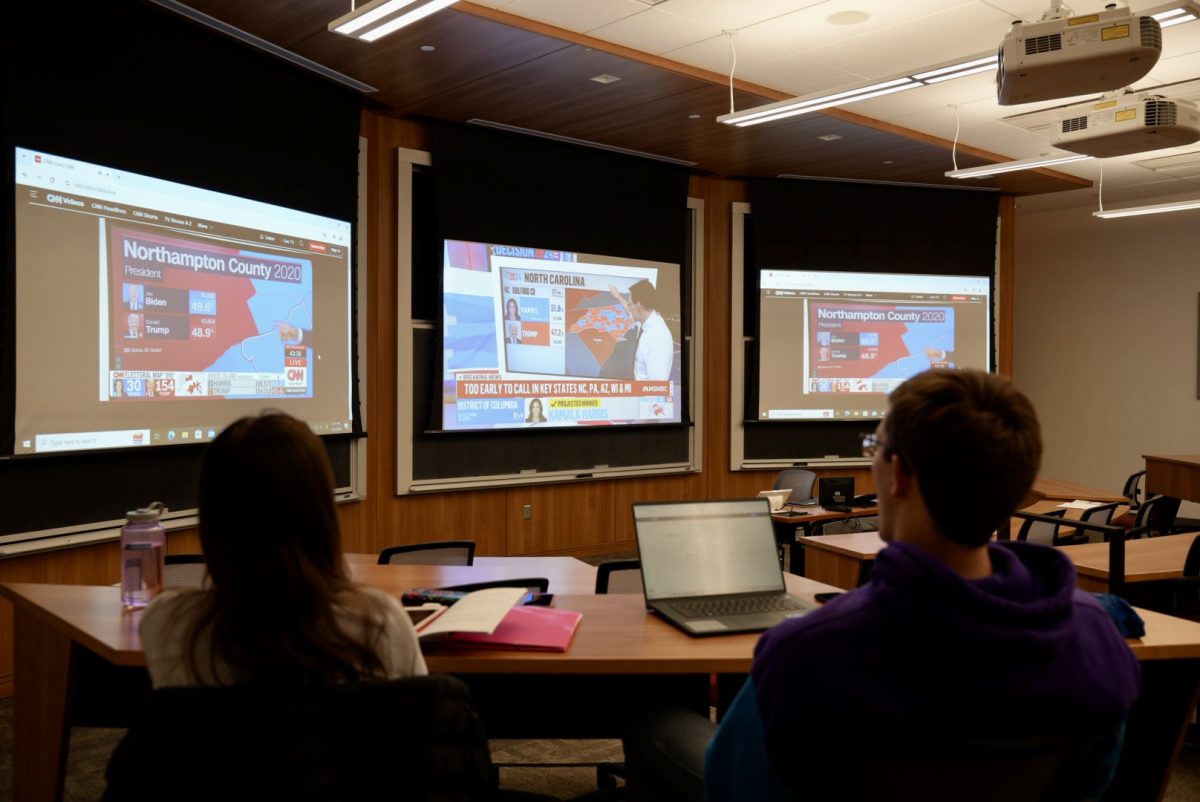

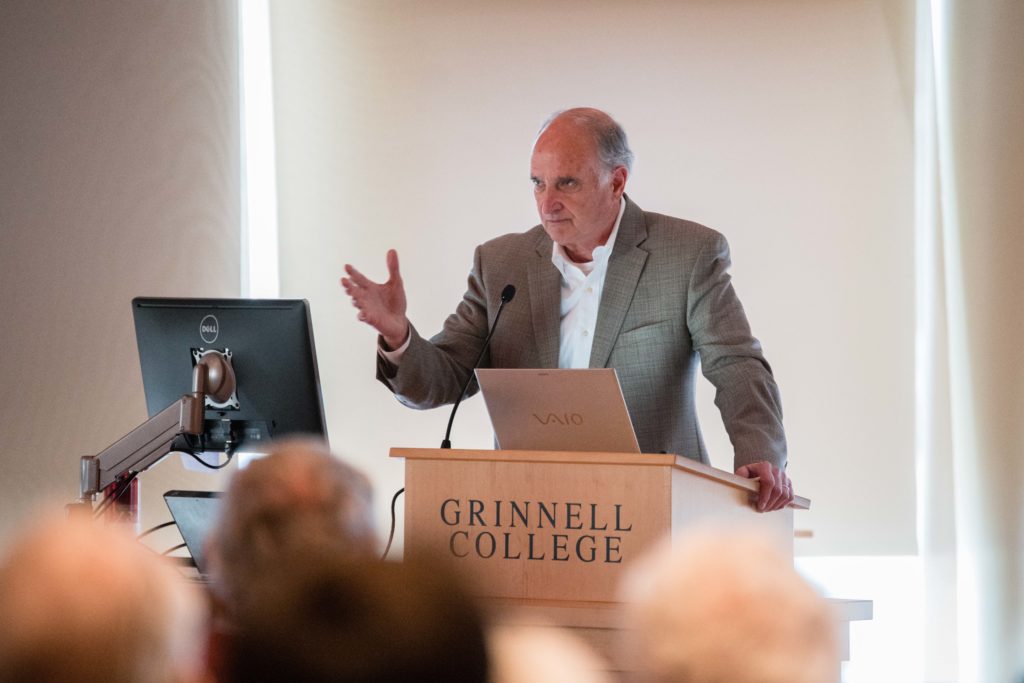
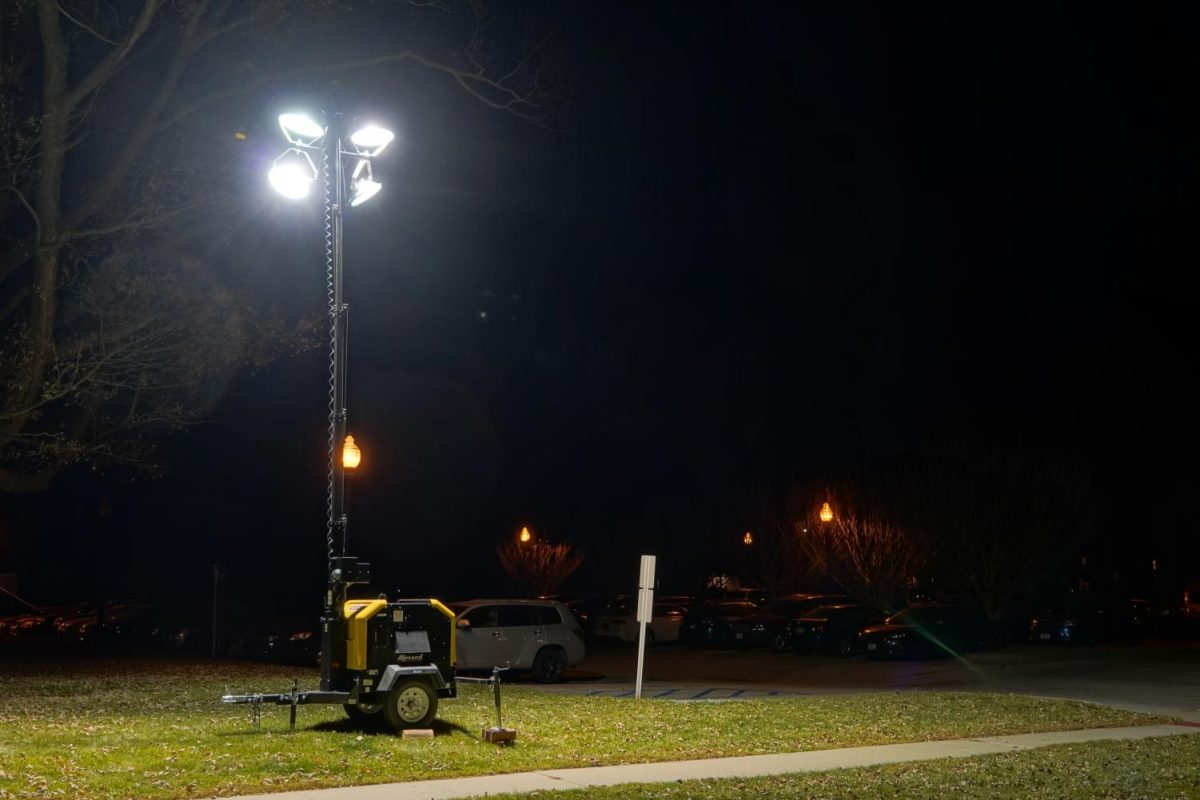
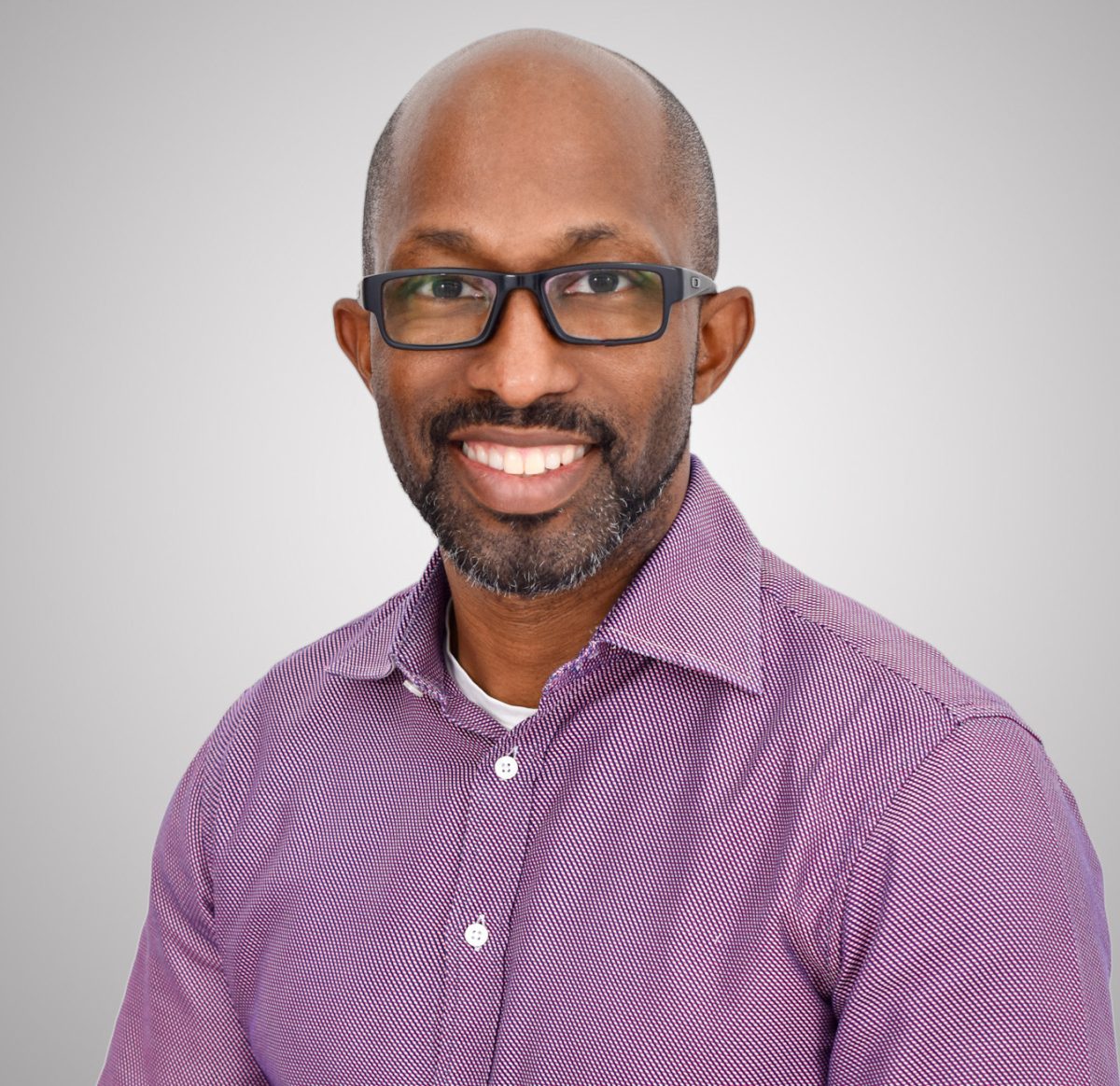
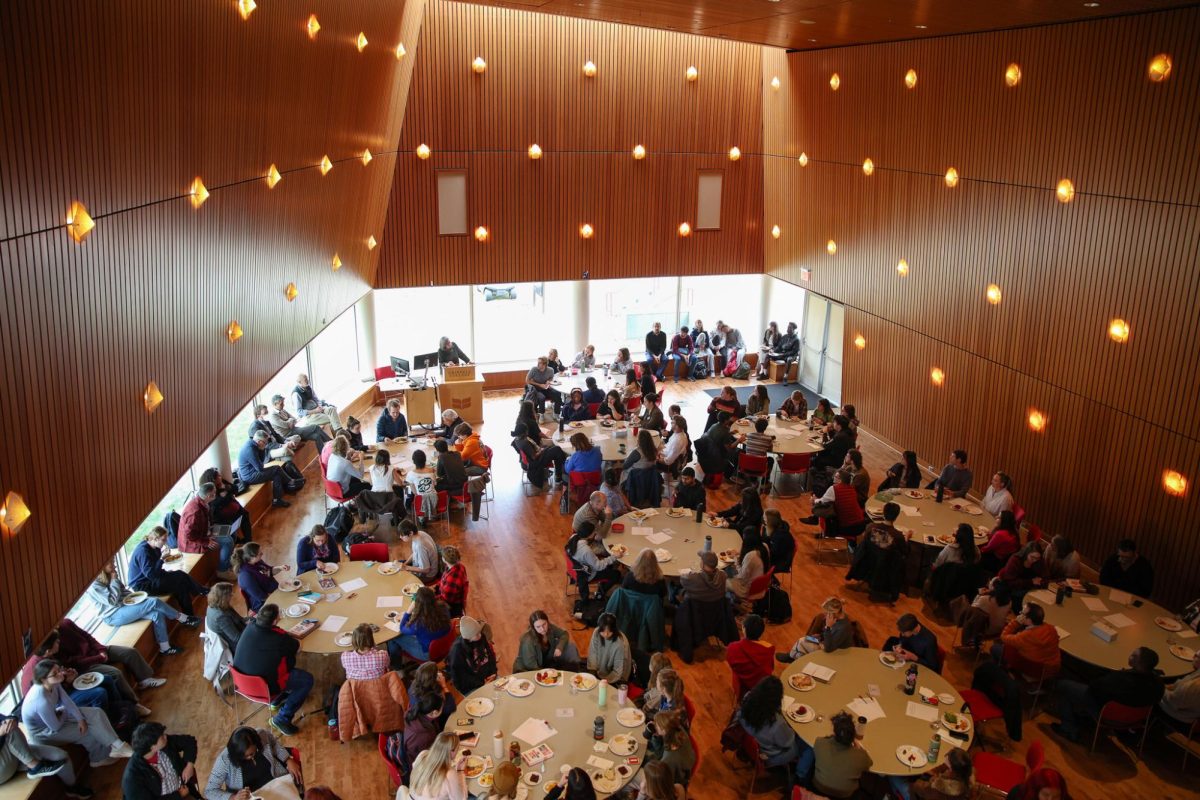

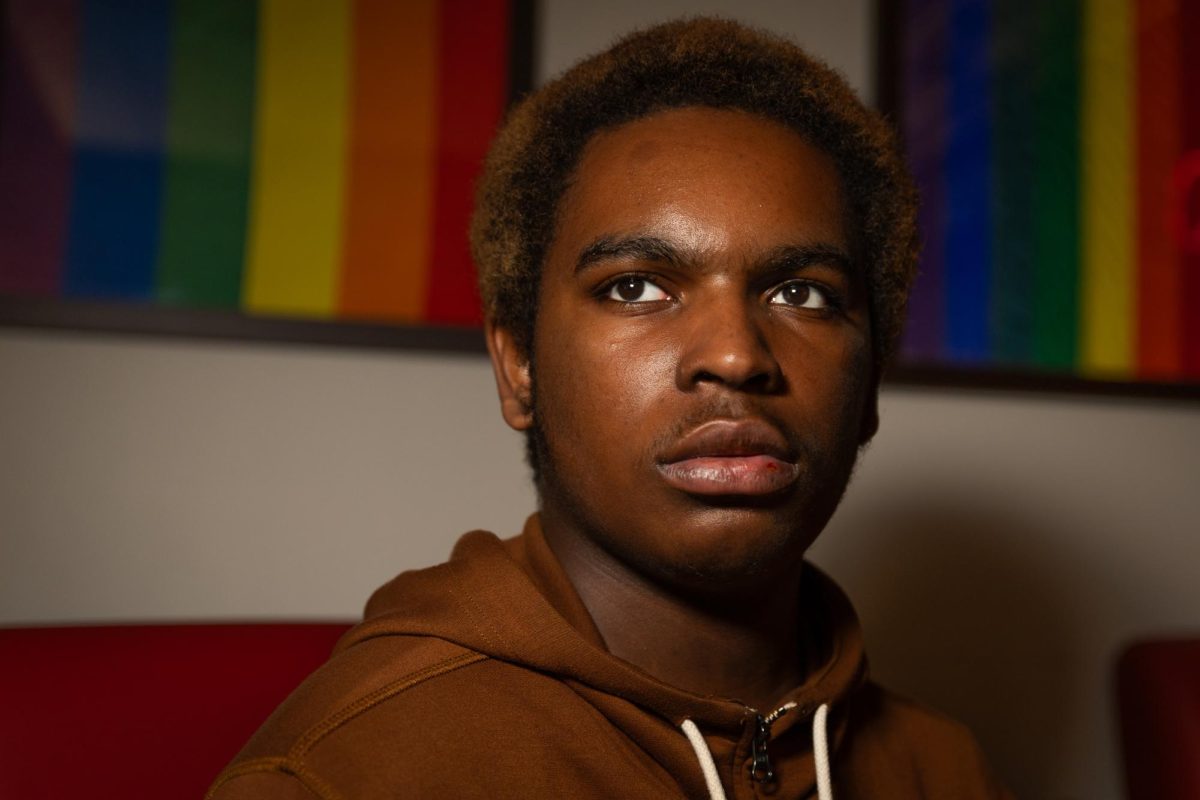
Dr. Gregory T Haugan • Feb 27, 2017 at 7:40 pm
David Orr’s response to “what do we do now?” is very appropriate as conservation is an extremely important component of the suite of actions we can take as individuals and organizations. However, we need to be more aggressive and seek a price on carbon dioxide so that there are increasing incentives to move off fossil fuels and sooner rather than later. The price needs to increase steadily and help get us to a state of zero carbon emissions before the end of the next decade. Our legislators have the power to make this happen and we must lobby them accordingly – as individuals, and as groups.
s